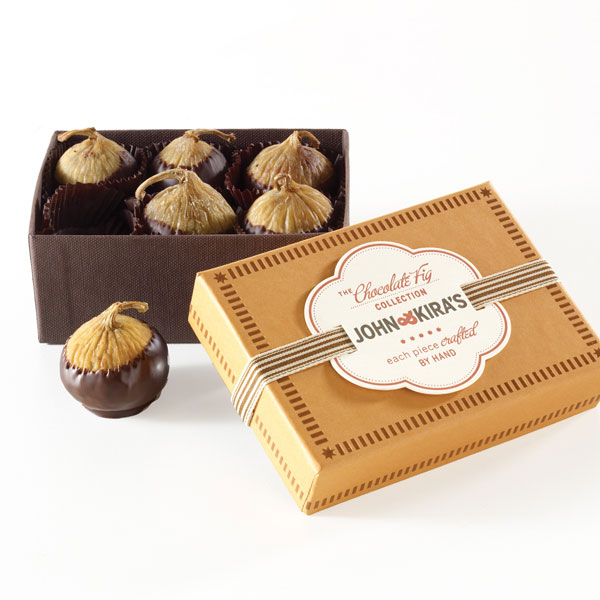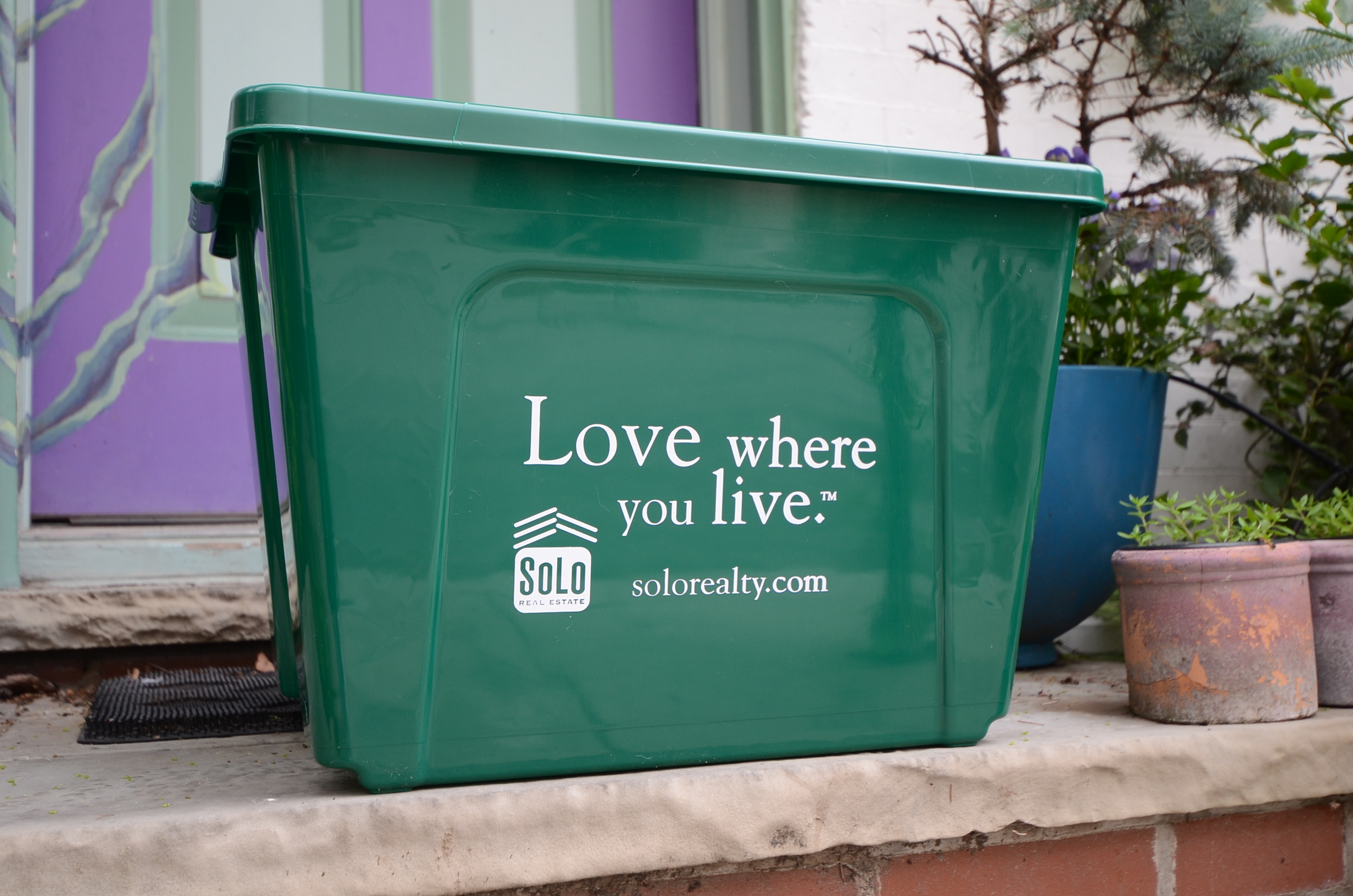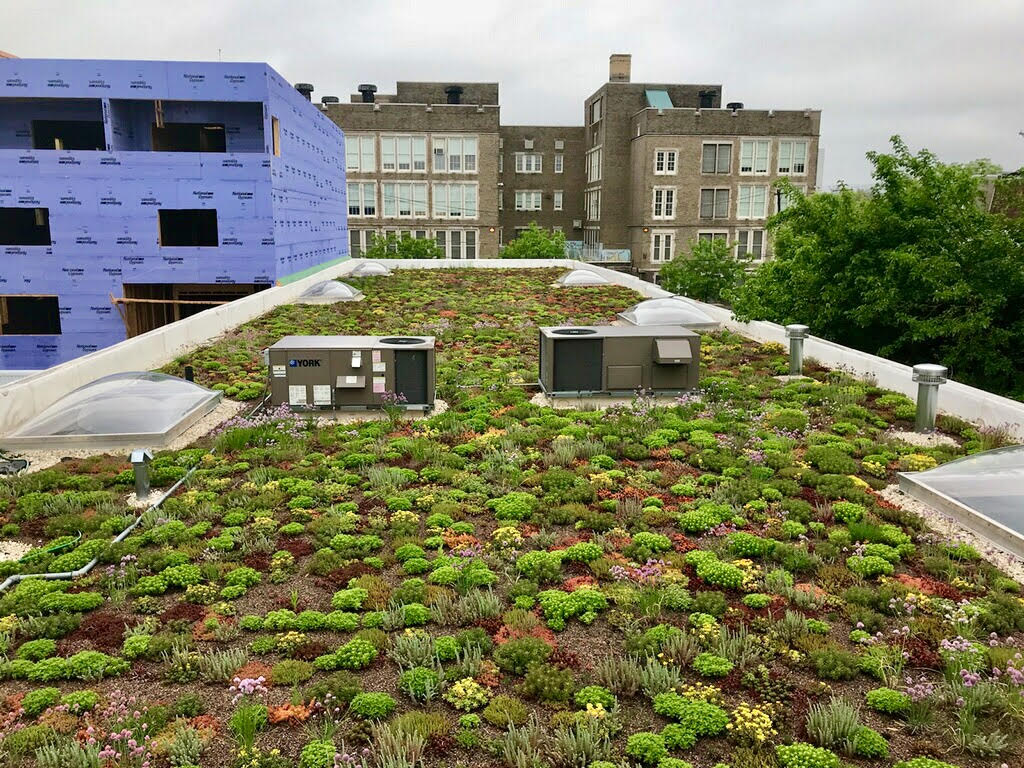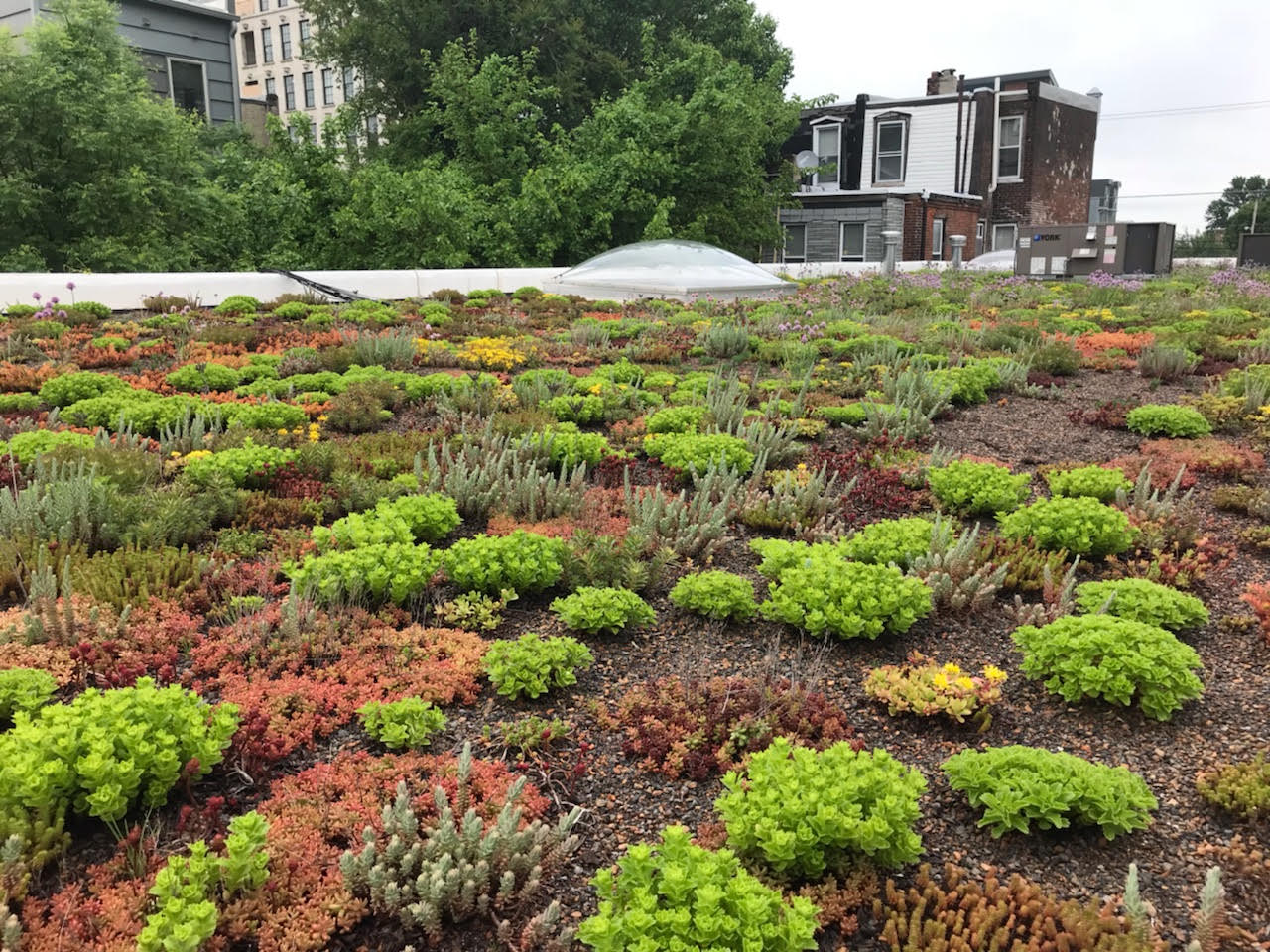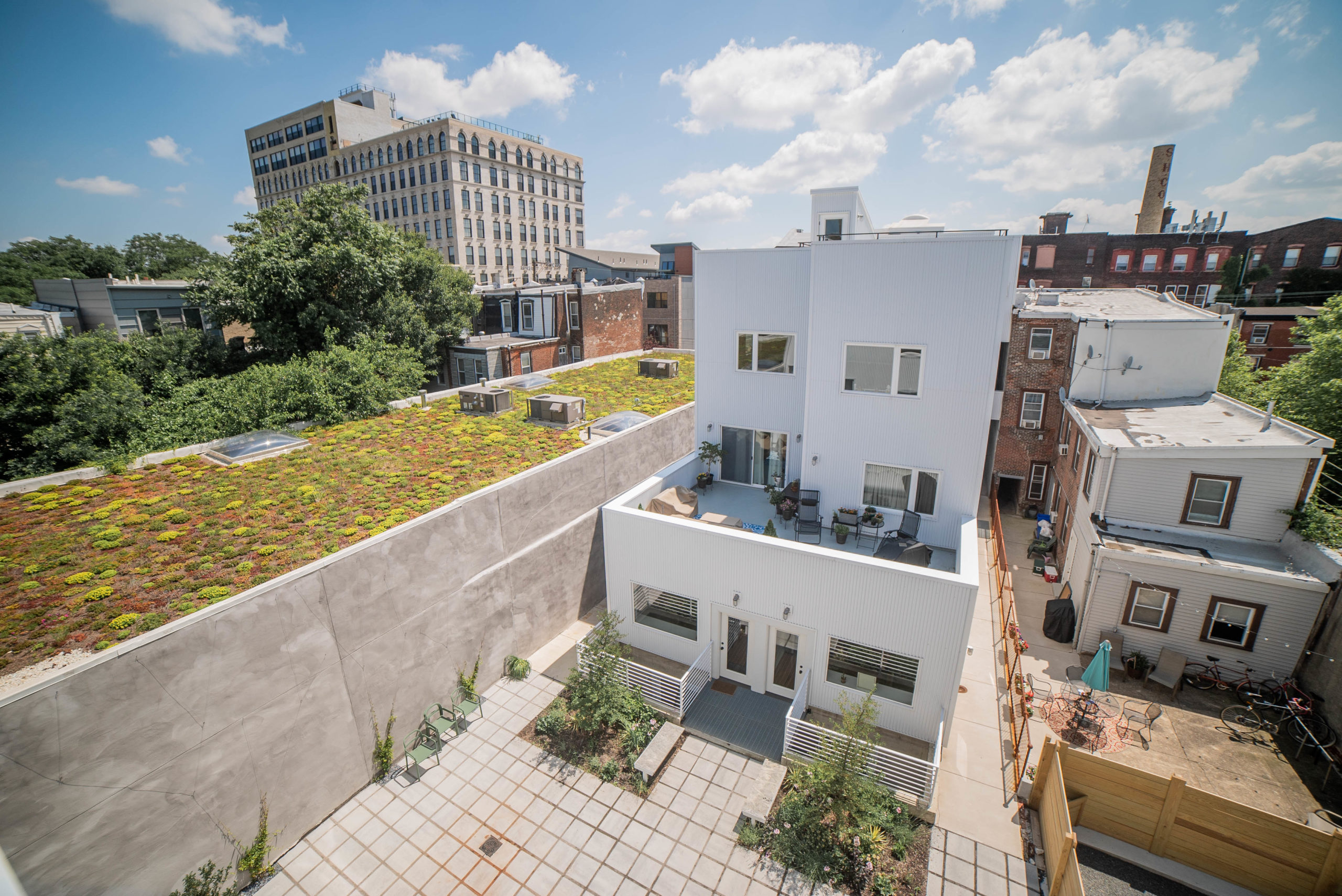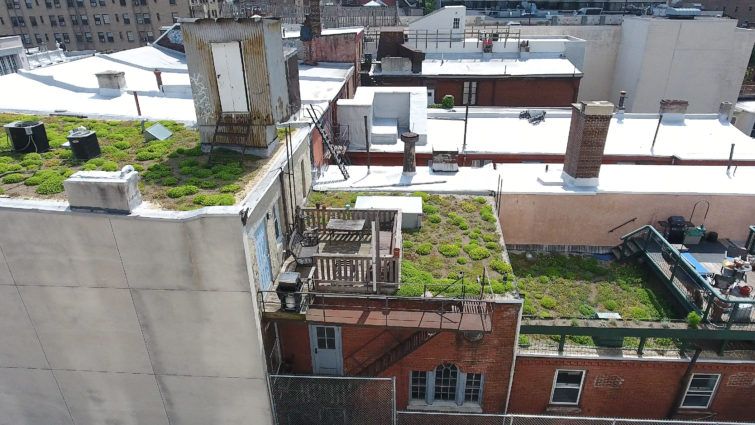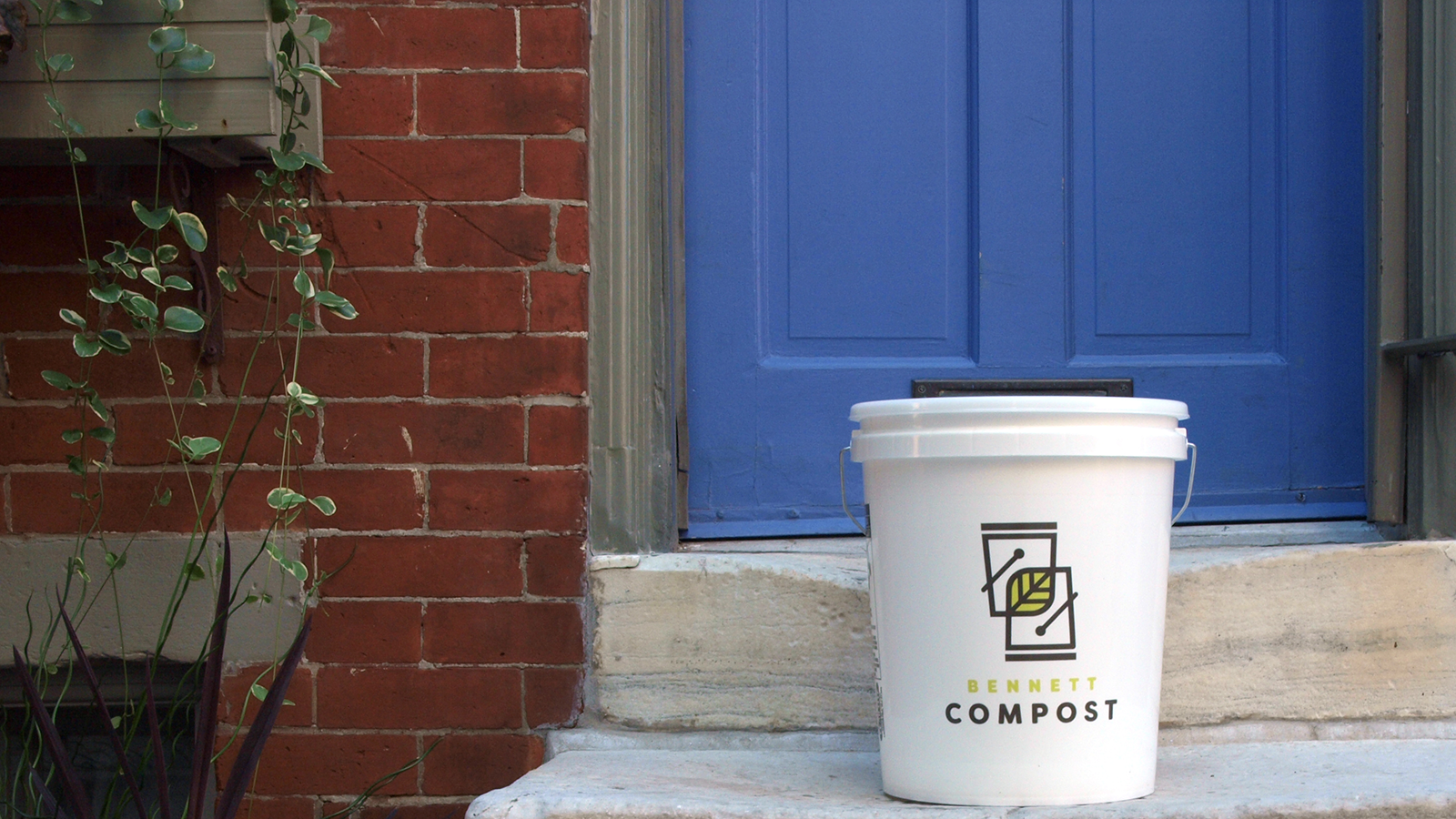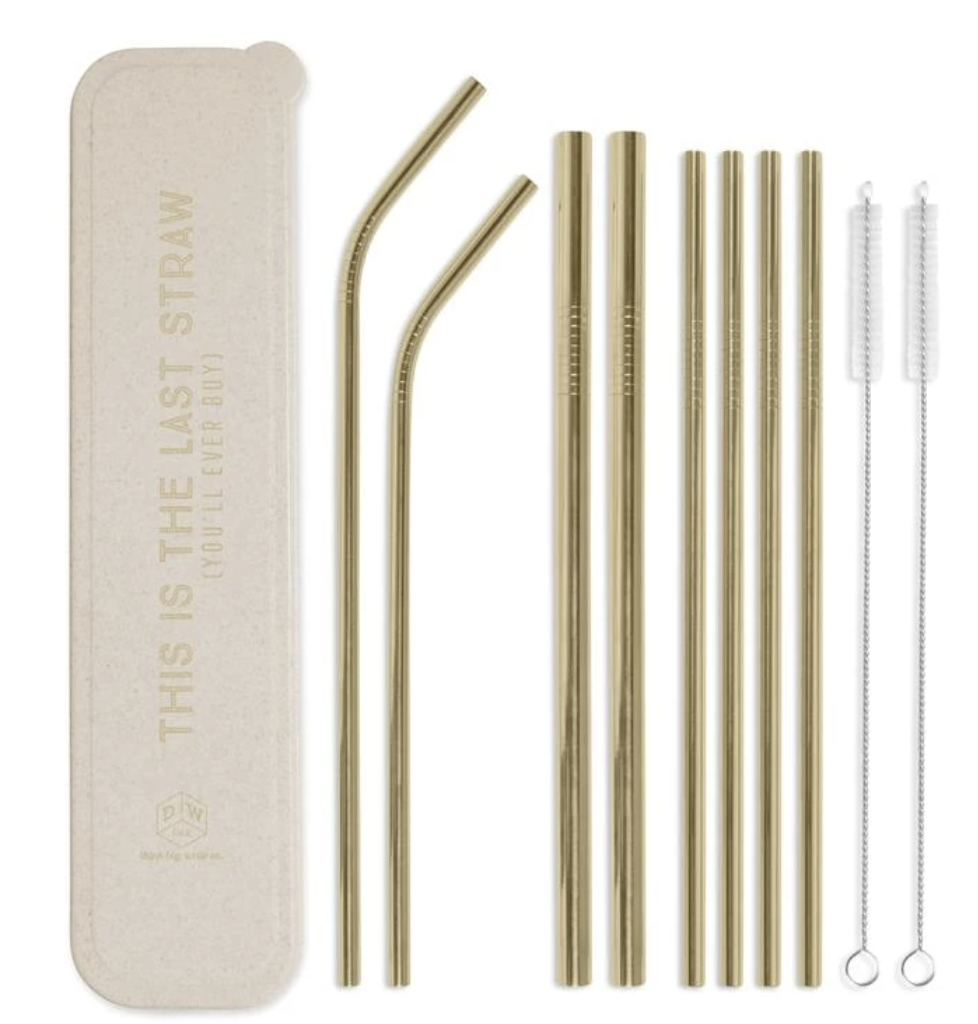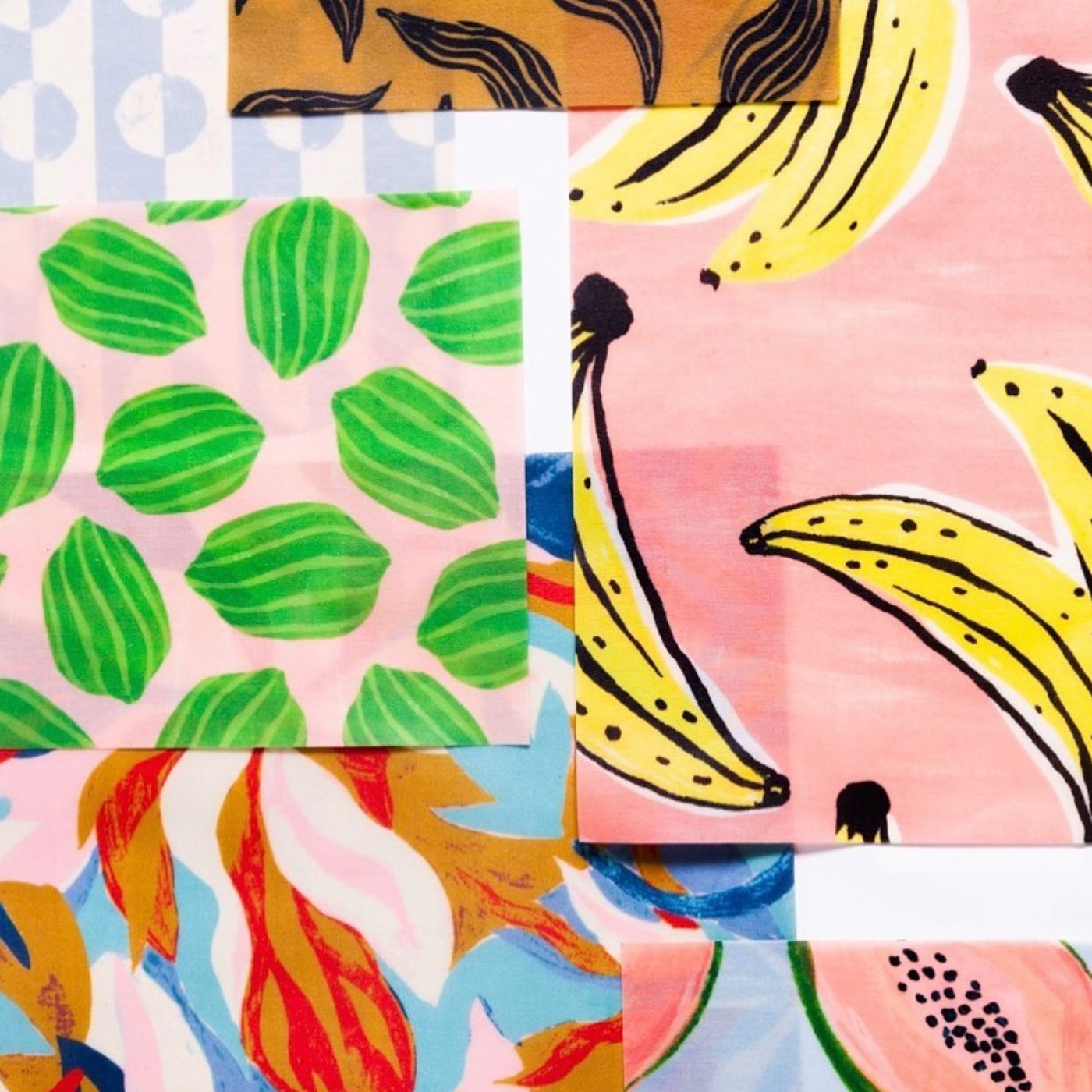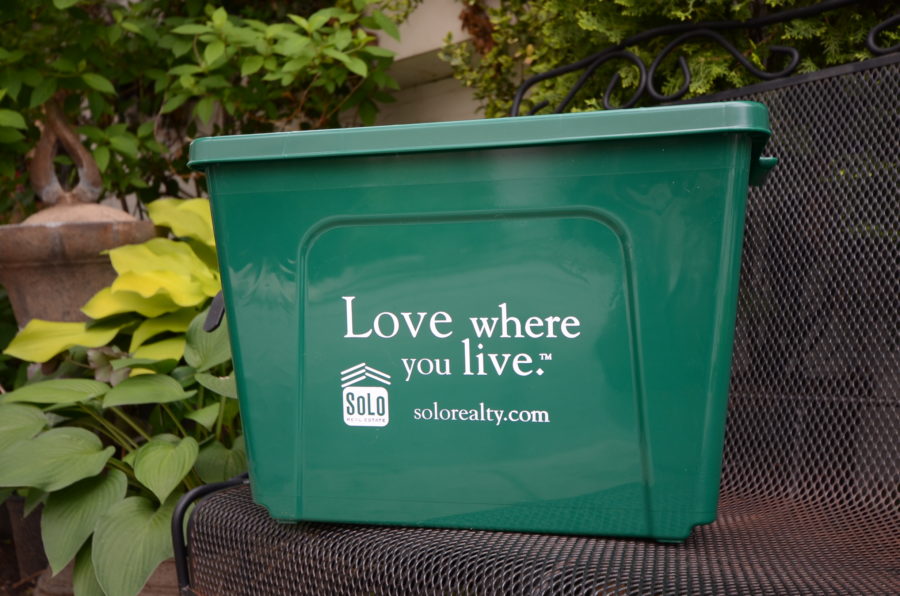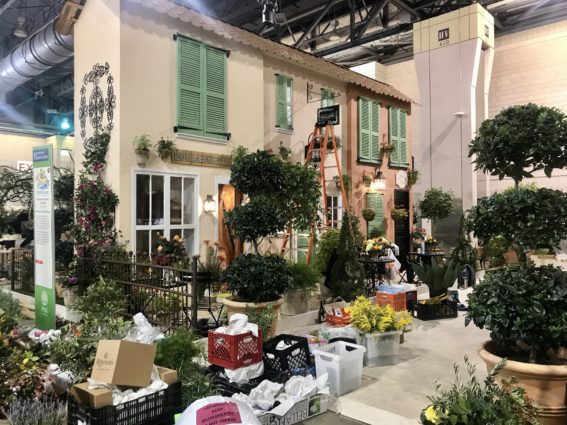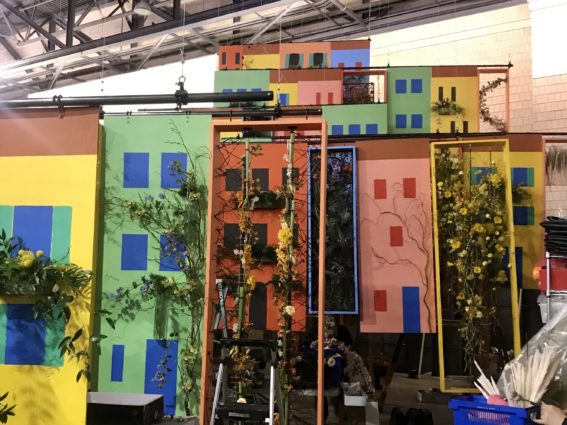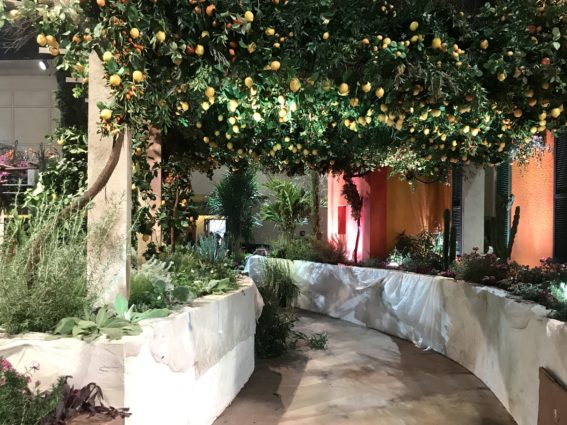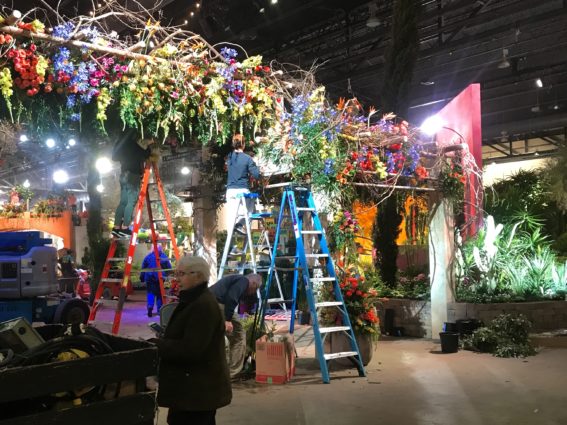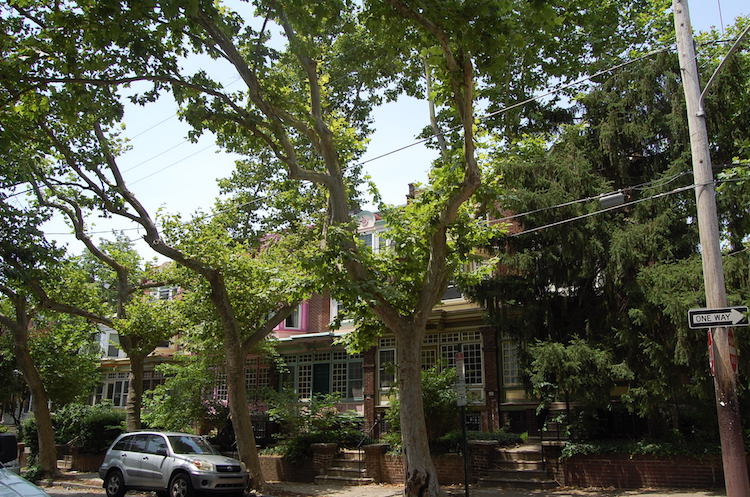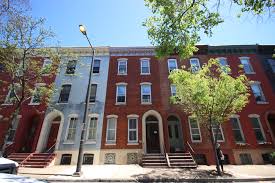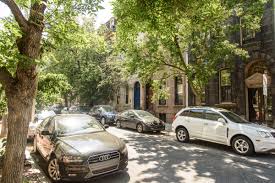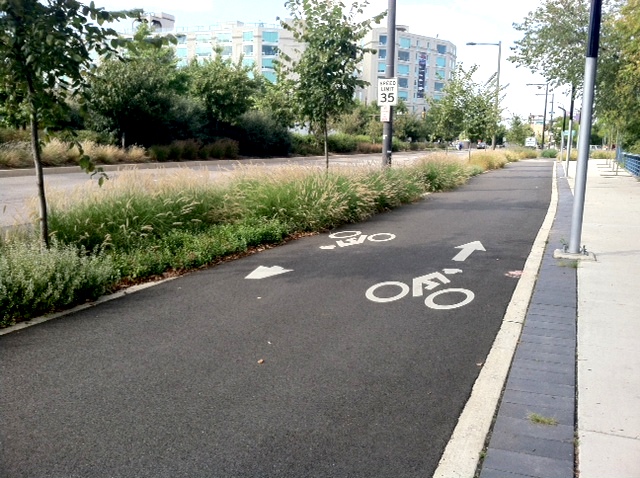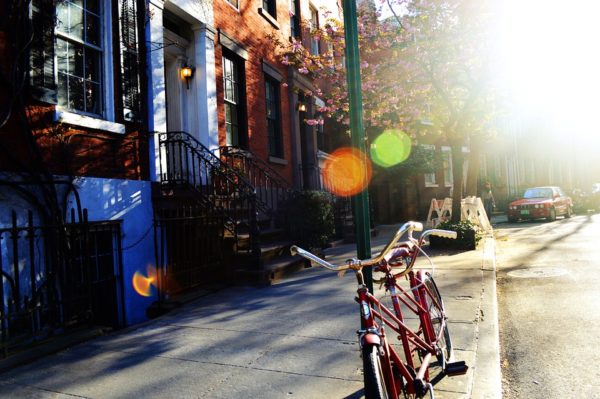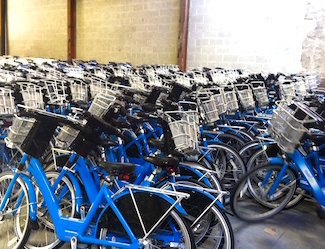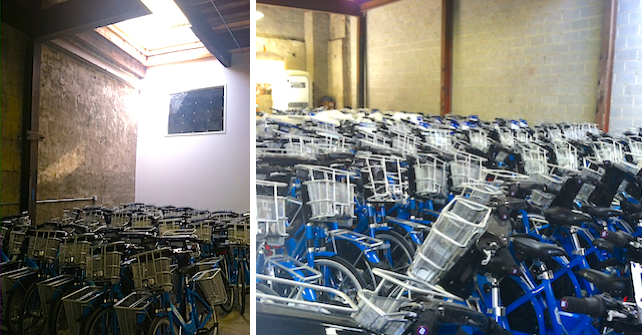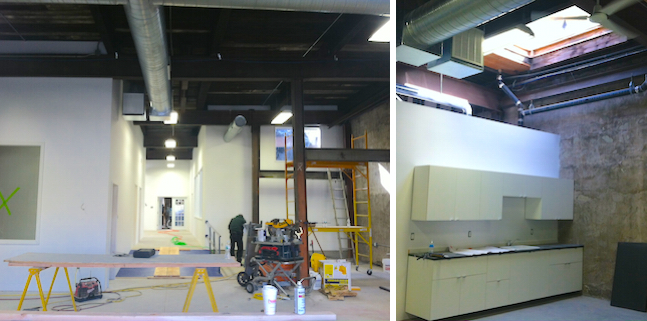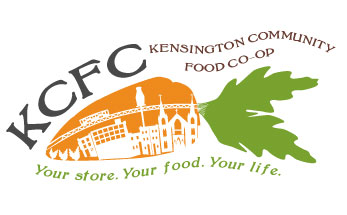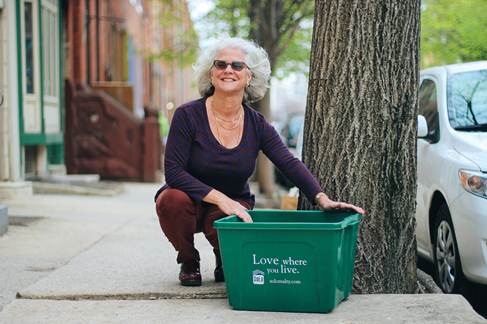This holiday season, Solo Real Estate is sharing its commitment to the environment with a guide to local, sustainable holiday gifts from Philadelphia businesses. All of our suggestions below may be purchased online in the comfort and safety of your home and shipped directly to the lucky recipient.
We love the selection of unique fair trade crafts at the Barnes Foundation Shop. Give a child a gift, not found at any big box store, that will be passed down for generations with a hand-carved Noah’s Ark set. It comes with fourteen charming animals made from sustainably harvested jacaranda wood in Kenya. The Ark’s roof serves as a lid to house this collection which includes small sculptures of Noah and his wife. The Ark measures 12” long, 7.5” high. $120.
For the adult art lovers on your list, the Barnes Shop offers a large selection of fine art books, apparel, accessories, and distinctive jewelry.
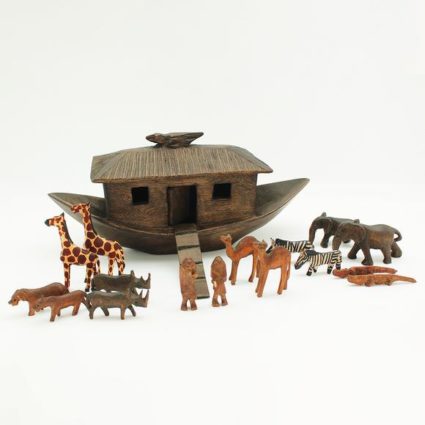
Remark Glass is a local company based in the BOK building that keeps glass out of landfills by making beautiful homewares out of recycled post-consumer bottle glass. They have a great selection of glassware on their website and also custom-made lighting. For the beer-lover on your list, we love the draught glass, made from beer bottles sourced from Philadelphia. Each glass holds 28 oz and is dishwasher safe. $15.
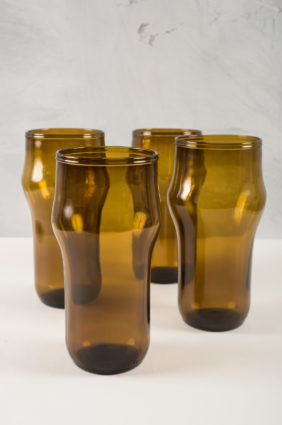
If there’s someone on your list who has been very good, dazzle them with custom-designed, ethically sourced jewelry from Bario Neal. They offer gold extracted by responsible, artisanal miners. Their diamonds are traceable and primarily recycled. All of their gemstones have been repurposed without impact on the environment.
Our pick? The Knottedrush Ring, handcrafted in Bario Neal’s Queen Village workshop in 14 carat yellow gold, starting at $115. This delicate golden knot ring connotes friendship, love and bigger things to come. If you are really ready to the tie the knot, Bario Neal can redesign family heirloom gemstones into a spectacular contemporary setting. Their 524 S. Fifth Street showroom is open by appointment only; they also offer virtual appointments.
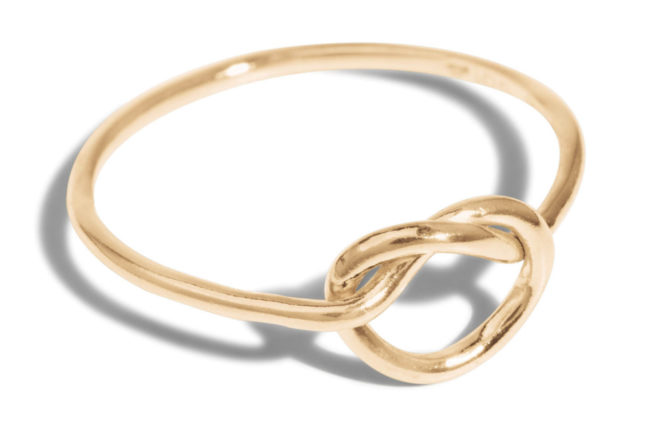
For the globetrotters on your list, temporarily grounded due to the pandemic, give them a taste of adventure from Bali to Bala. This online market, curated by local artist Laura Cohn, presents a collection of crafts by Indonesian artisans. A portion of the proceeds supports the South Philly Indonesian Community and non-profits in Indonesia. Choose from hand-painted sarongs, home décor, housewares, and jewelry.
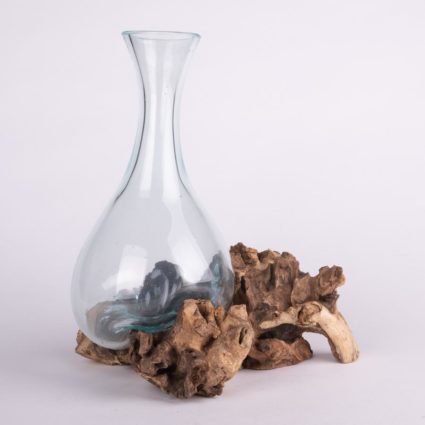
Oenophiles will covet this Melted Glass Wine Carafe on Driftwood Unique to Bali, the carafe is made from recycled glass and found driftwood. This one-of-a-kind carafe is created by blowing molten glass directly into driftwood. The carafe may be removed for cleaning purposes. 12” High, 8” Wide, 11” Long. $88.
Fashionistas of all genders will covet a gift from Lobo Mau, a Philly-based, slow fashion clothing line specializing in original silk-screened prints and innovative textile designs. Headquartered in the Bok Building in South Philly with a boutique at 6th and Bainbridge, Lobo Mau was named Philadelphia Magazine’s Best Sustainable Local Brand in 2019.
You will find a wide range of super comfy, head-turning casual wear for men and women. Our favorite? The vintage inspired Scribble Pom Jacket. This has been their best-selling jacket for six years and is now available in a limited edition, hand-drawn print by Philly artist Ben Jones. 92% Cotton. 8% Spandex. $398.

Imagine a retail store dedicated to saving our oceans. That is the mission of United By Blue which removes one pound of trash from waterways for every product purchased. Based in Philly, their flagship store is located in Old City with a branch in University City. Their products are made from sustainably sourced materials and are created to last.
For the vegan on your list, check out their best-selling 25L Transit Pack. 100% vegan, water-resistant, and stain-resistant. 100% recycled polyester with recycled nylon straps. Oodles of expandable compartments for holding cell phones, laptops, you-name-it. 19” High, 14” Wide, 7.75” Deep. $68.
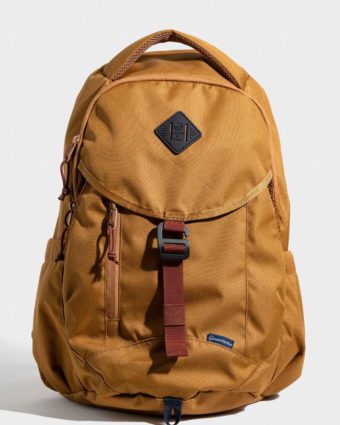
Has your best friend been baking bread during quarantine? Get them the beginner’s bakers bundle from The Kitchen Garden Series. Designed to make kitchen projects easier from start to finish, this bundle is part of a holiday set that includes a bread bag and a linen kitchen tea towel. Linen has anti-bacterial qualities that help keep your bread (or cookies, or muffins) fresh longer. $38
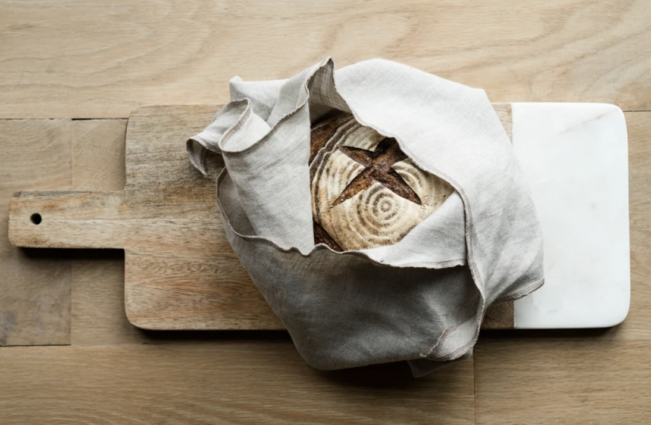
We saved the best for last. Handmade chocolates from Philly’s own John & Kira’s. As seen in the New York Times, Oprah’s Magazine, and Martha Stewart, these are chocolates that raise the bar. Using organic ingredients from carefully selected sustainable artisan food growers, John & Kira’s offers chocolate lovers a decadent selection from which to choose. We were totally seduced by their Chocolate Figs featured in Wine Spectator. Each dried fig is filled with a silky smooth, whiskey infused Valrhona dark chocolate ganache. Then, they are hand-dipped in 62% dark chocolate and gift boxed. Six pieces for $24.95. Buy one box for someone special and another for yourself.
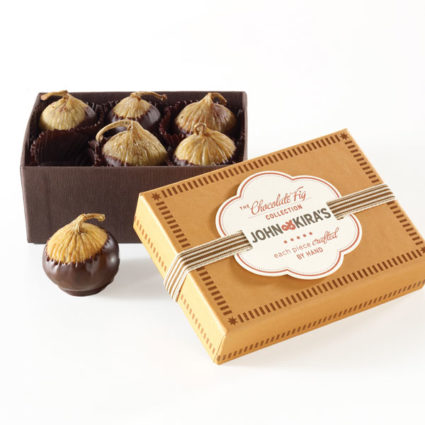
Gift cards to your favorite Philly restaurants and bars are also a good option to help support local businesses who have experienced a hefty dip in revenue this year and have limited seating as COVID restrictions continue. Bennett Compost now has gift cards as well. If they’re within the pick up areas, encourage your friends to keep food waste out of landfills by getting them a gift card they can apply towards a subscription.

